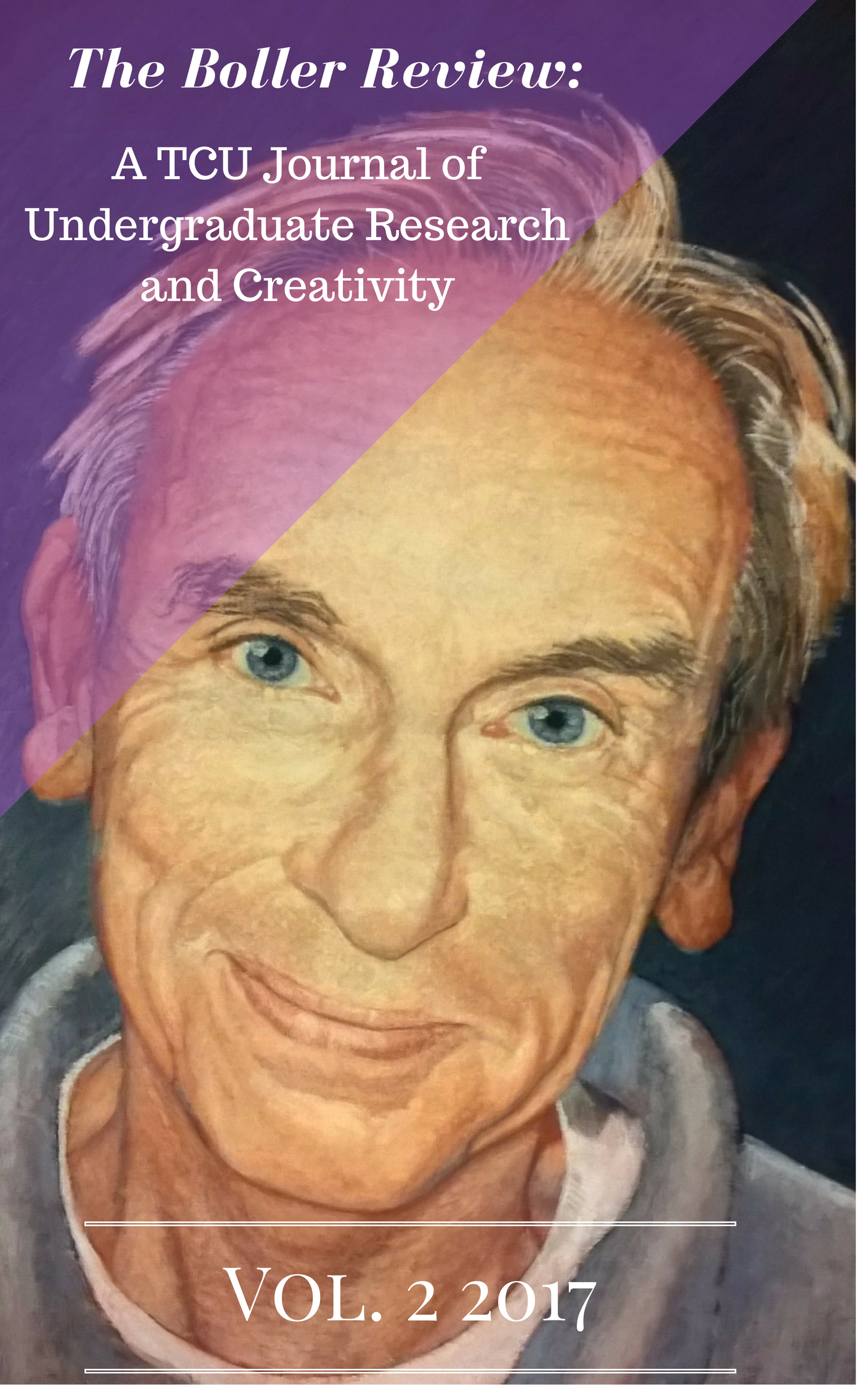The Syrian Refugee Crisis: Media Coverage and Humanitarian Response Class of 2017
Main Article Content
Abstract
Since 2011, the conflict in Syria has caused over 13.5 million Syrians to leave their homes, 4.8 million of which are refugees outside of Syria. Over the span of the six-year conflict, media coverage of the crisis has received both praise and harsh criticism. This paper focuses on the question of how media coverage of the crisis affect levels of response. The first part of this study is a content analysis of tweets from four news organizations. The analysis collects data on the number of tweets concerning the refugee crisis, as well as the content of those tweets. Secondly, the study uses an experimental design to test these findings. The researcher partnered with a local refugee organization to make policy recommendations in regards to social media campaigns. These two research designs found that tweets that contained visuals and were more anecdotal resulted in more response. However, the majority of coverage was more focused on numbers and statistics. Therefore, the conclusion and implications of this study found the need for a stronger relationship between news outlets and humanitarian aid organizations to 1) gain access to stories about refugees rather than solely hard news, and 2) to incite more tangible response.
Comments from Mentors
“Working with Kelsey on her thesis was a real joy. Her thesis combined her passions for journalism, political science and activism. The work she did exploring the effects of different types of imagery on the reaction to coverage of the Syrian refugee crisis was truly innovative; her use of social media ads to conduct an experiment is a new technique in political science. Finally, I appreciate that she used her thesis to make concrete recommendations to the refugee organization with which she worked to conduct her experiment. In short, Kelsey is an innovative scholar who truly is working to change the world.”
-- Dr. Eric Cox
“In this project, Kelsey took her personal experience with refugee assistance and turned it into guidance that could help relief agencies serve them in the future. This was an ambitious project that essentially amounted to two separate but related studies. The first was a content analysis in which she examined hundreds of posts on Twitter by news agencies to determine what kind of posts prompted the most interaction. She then used the results of the content analysis to inform an online campaign for a local agency raising funds for refugee relief and studied the outcomes of various messaging on Facebook. Kelsey was able both to test theory and use the results to inform future activities at a very practical level. The results are important and helpful to agencies trying to help a vulnerable population at a time when refugee issues are on the rise around the world, and the project gave Kelsey an outlet to pursue her passion of helping people in a meaningful way.”
